How many air purifiers do I need? How to choose the right number for your home
Will one air purifier work for your whole house? Or do you need more?

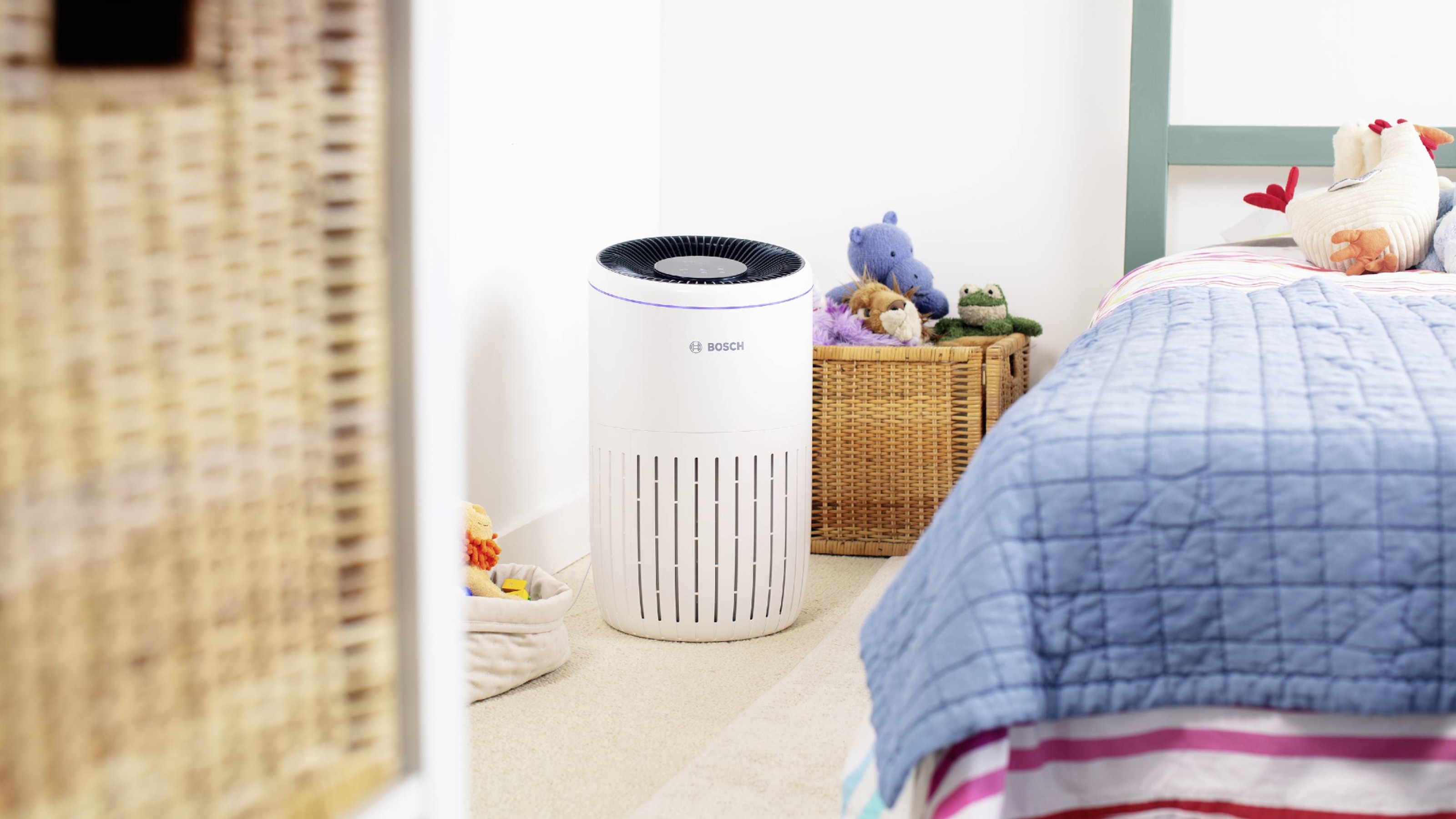
Sign up to our newsletter for style inspiration, real homes, project and garden advice and shopping know-how
You are now subscribed
Your newsletter sign-up was successful
EDITOR’S NOTE: An earlier version of this article included a quote from a purported expert whose credentials we have not been able to verify. The quote has been removed. We regret this lapse in our verification process and have updated our internal protocols to reduce the risk of recurrence.
Have you ever wondered how many air purifiers you really need to help clean the air in your whole house? It’s a valid question, but one that doesn’t have an easy answer.
It is easy to understand why air purifiers have become a must-have appliance over the years, though. The best air purifiers on the market can improve air quality, reduce allergies, neutralise odours, and even increase life expectancy. But do you need an air purifier for each room? We’ve got the low-down.
How many air purifiers do I need?
While we wish we could tell exactly how many air purifiers you need, the reality is that you first need to consider your home, the occupants of the house, and your family’s use of the home.
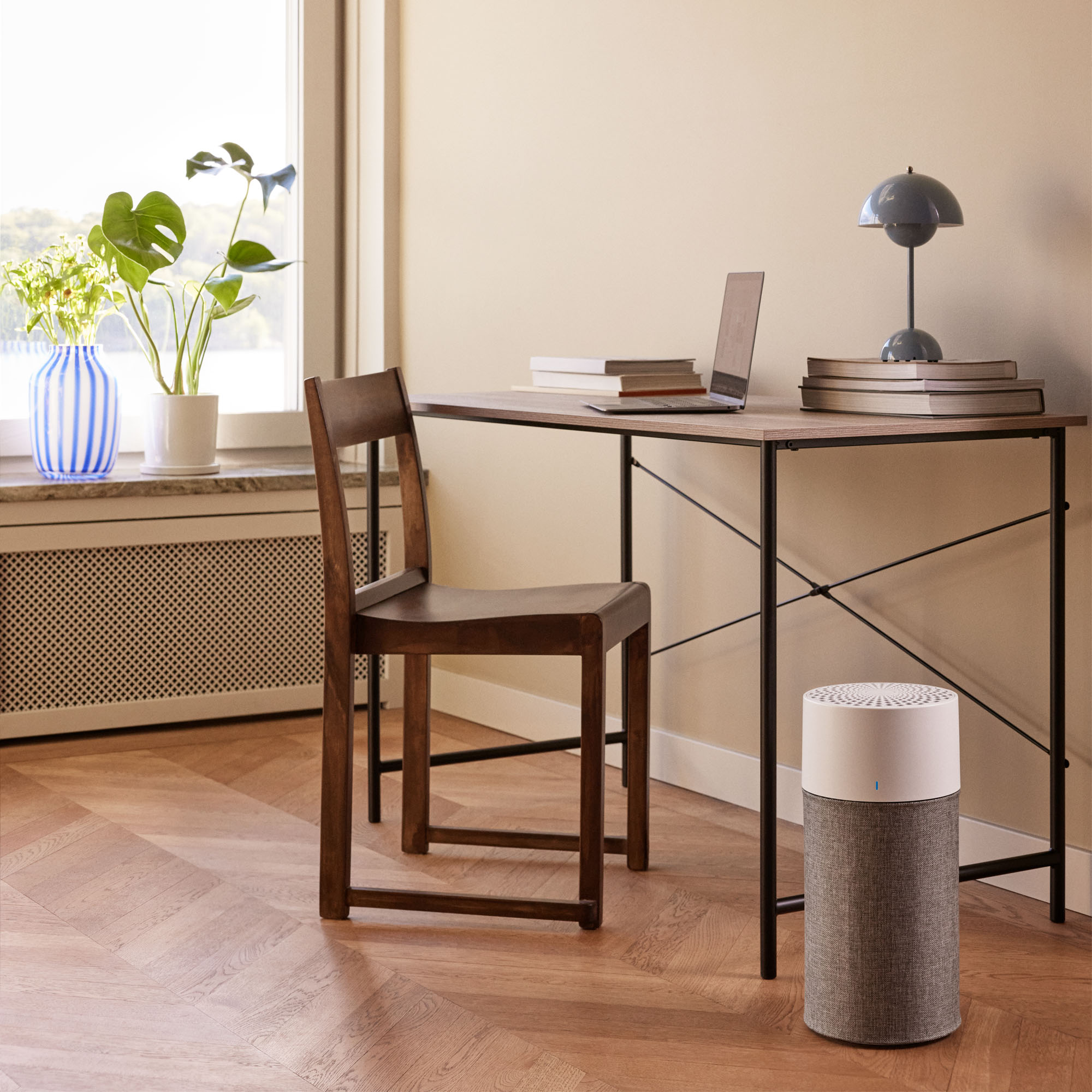
1. How big is your house?
Air purifiers aren’t a one-size-fits-all appliance, as each machine is designed to purify a specific amount of air space in m². Those with a max room size of 40m² are perfect for small room living rooms or bedrooms, anything under 100m² will suit a medium-sized room or open-plan living and dining room, and those over 100m² could work wonders for those looking to purify multiple rooms at once.
Of course, the location of your house could also impact your needs. Tech expert Andhi Ermawan from MyProsAndCons says, 'If you live in an area with high outdoor pollution levels, it might be worth investing in additional purifiers to ensure all indoor areas are covered.'
2. Do you have animals?
There are so many things to consider when you have pets, including how often you should clean your pet’s bed. But your animals should be included in your air purifier discussion, too.
Animals bring contaminants into your home every single day, and if your animals have free reign of the house, you’re more likely to need air purifiers in more than one room to capture these pollutants. Either that, or you should opt for a machine that has a higher CADR rate (Clean Air Delivery Rate) that will purify a larger area of your house.
Sign up to our newsletter for style inspiration, real homes, project and garden advice and shopping know-how
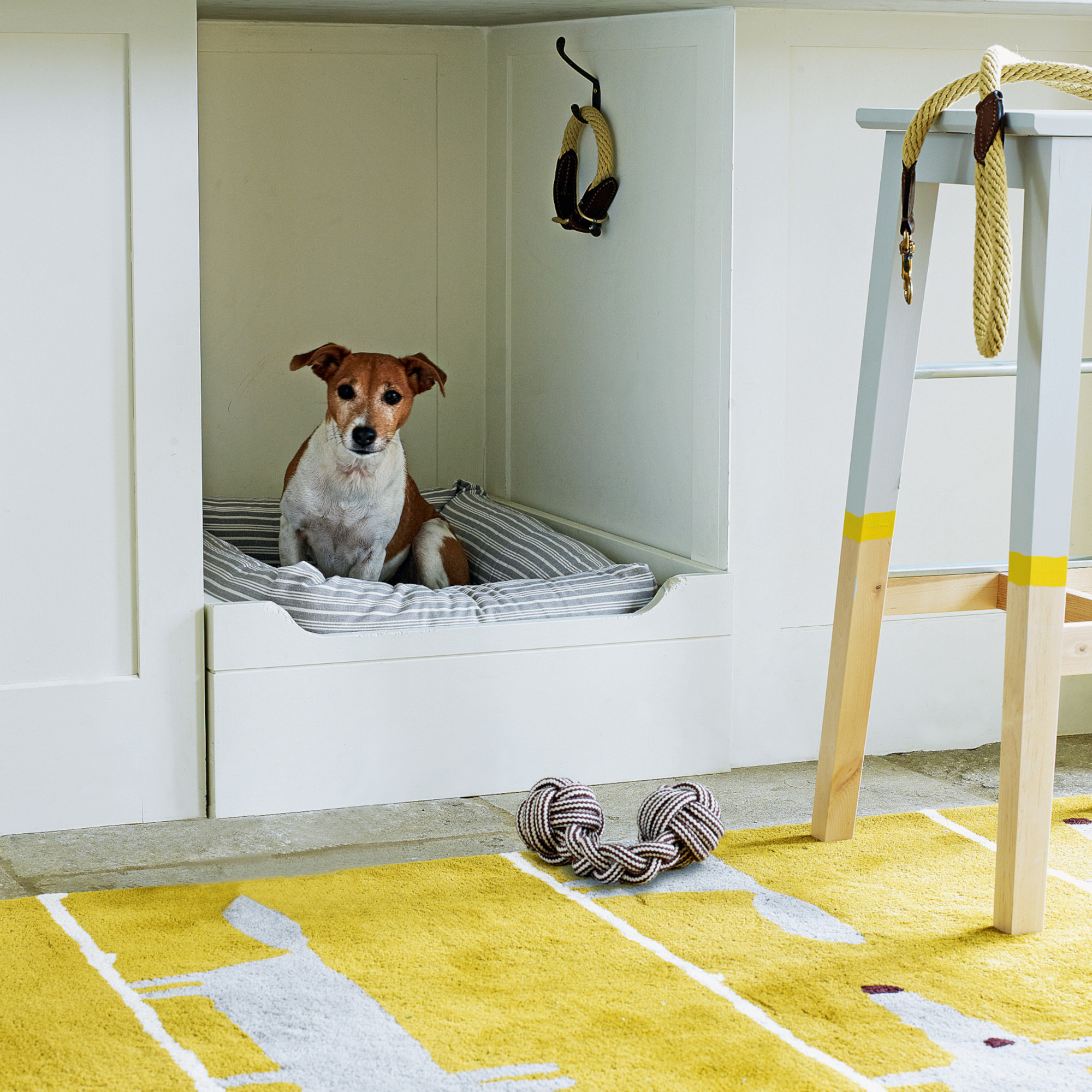
3. How many people live in your house?
The general rule of thumb is that the more people that live in your house, the more contaminants and airborne pollution will fill the air. And this can be especially difficult for members of your household who suffer from allergies or asthma.
So, it may work in your favour to have an air purifier like the editor-loved Shark air purifier in multiple rooms of the house.
The same air purifier might not work throughout the entirety of the house, though. You do need to take into consideration the running noise, especially if it's to use in a bedroom.
So you might want to mix and match different air purifiers based on each room of the house.
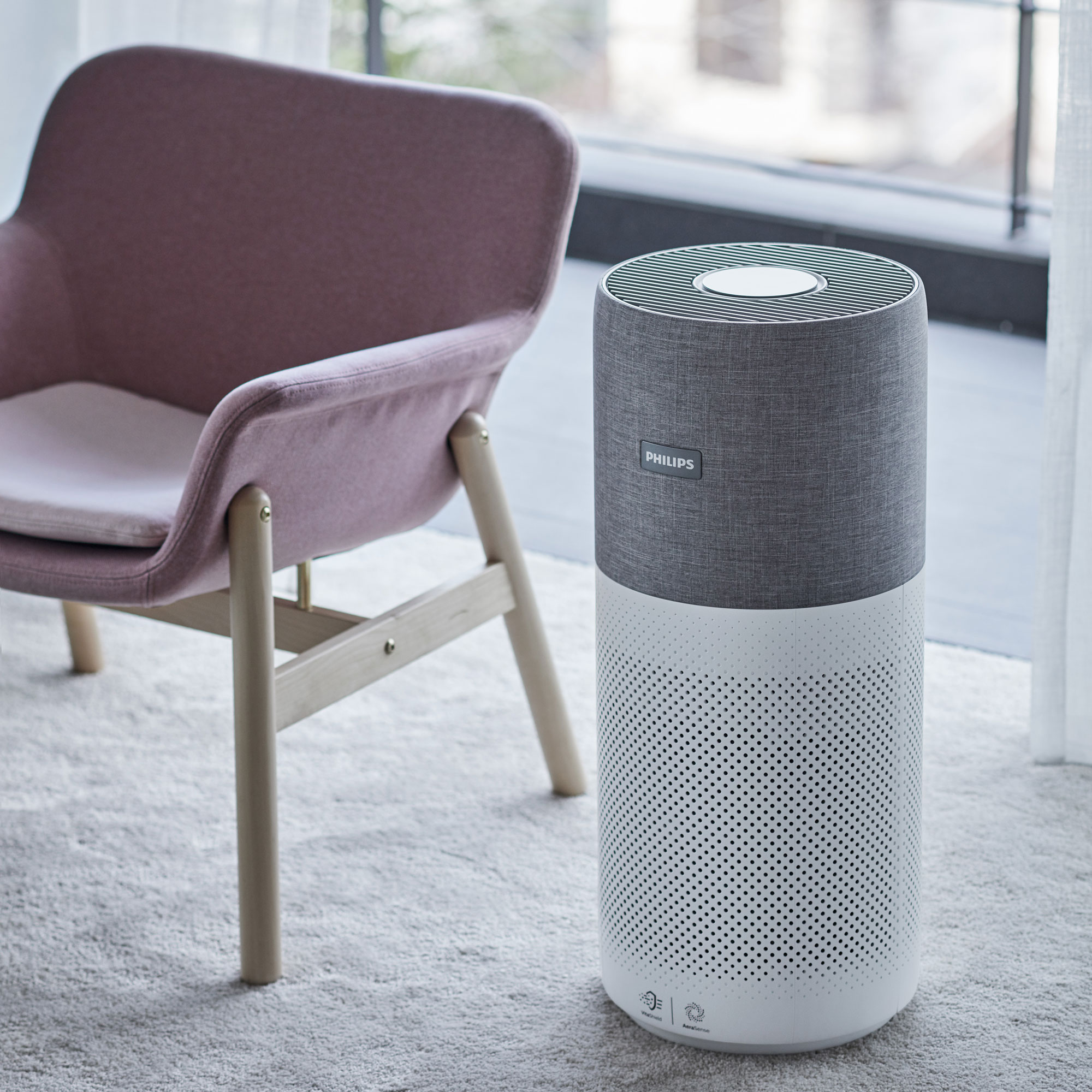
4. How much do you want to spend?
Air purifiers can set you back anything from £100 to over £500. In most cases, the cheapest air purifiers are smaller machines that will ultimately purify smaller areas of the home.
However, many large air purifiers also come with HEPA filters (which are capable of catching nasties that are three times smaller than a cigarette smoke particle), which also puts the price up. So, it’s best to keep your eyes peeled for air purifier deals.
If you're on a budget the smartest move in our opinion would be opt for the best air purifier you can for the room you use most such as the Blueair air purifier. You can then either move it around your home, or invest in a small, quieter and more affordable air purifier for the bedroom such as the Levoit Core 300 air purifier.
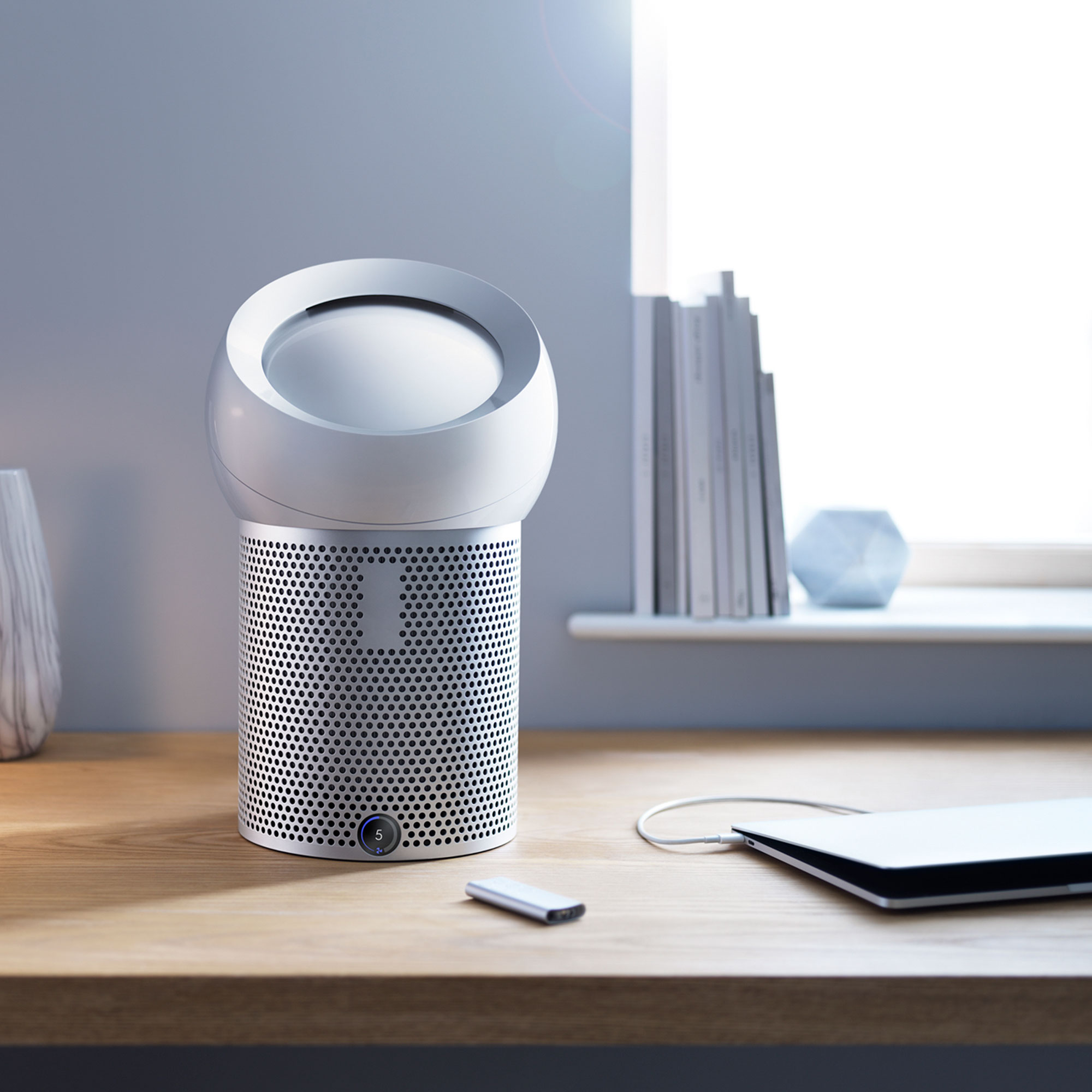
How do I know what kind of air purifier I need?
The best way to know what kind of air purifier you need is first to assess your air quality. You can buy air quality monitors on Amazon from £30, they have sensors that can provide you with information about the contaminants in the air, as well as measure the number of airborne particles and your home’s radon levels.
From there, you can choose an air purifier that suits the size of your home and has a CADR rate (Clean Air Delivery Rate) that will leave your air cleaner than ever.
Is it better to have two small air purifiers or one big one?
As well as purifying the air, air purifiers also work on re-circulating this clean air - which can be difficult if you have an unusually-shaped room.
If you have a simple rectangular room or house, one big air purifier is better. If you have a room or house with a complicated shape that could impact air circulation, opt for two smaller ones.

Lauren Bradbury has been the Content Editor for the House Manual section since January 2025 but worked with the team as a freelancer for a year and a half before that. She graduated with a Bachelor’s degree in English and Creative Writing from the University of Chichester in 2016. Then, she dipped her toe into the world of content writing, primarily focusing on home content. After years of agency work, she decided to take the plunge and become a full-time freelancer for online publications, including Real Homes and Ideal Home, before taking on this permanent role. Now, she spends her days searching for the best decluttering and cleaning hacks and creating handy how-to guides for homeowners and renters alike, as well as testing vacuums as part of her role as the Ideal Home Certified Expert in Training on Vacuums, having spent over 110 hours testing different vacuum models to date!